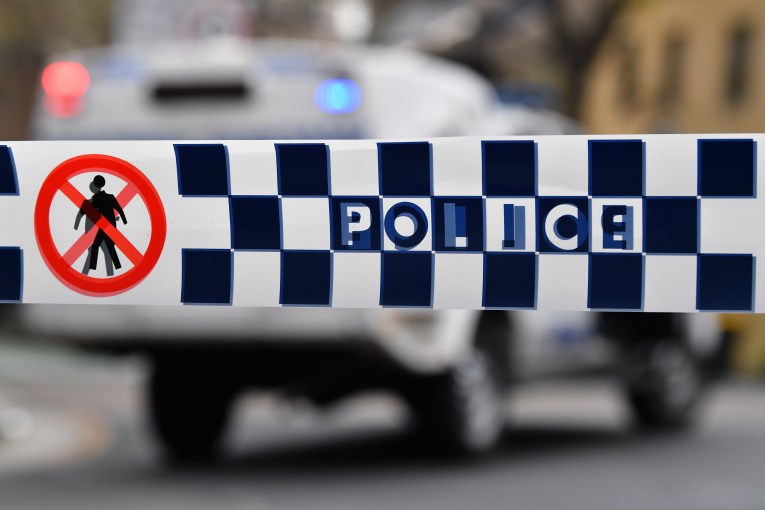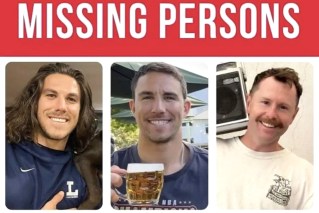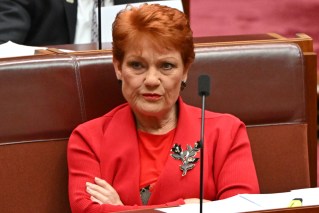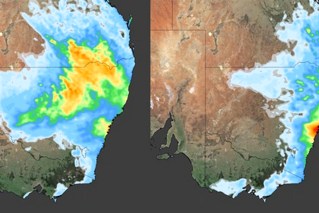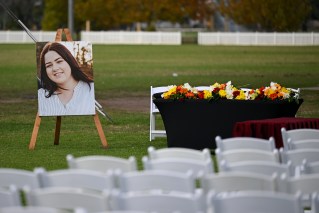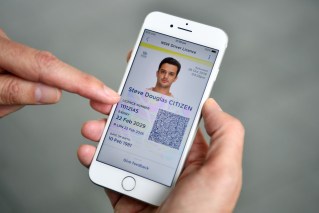Victoria’s deadliest day: State records 25 new COVID deaths, 282 new cases

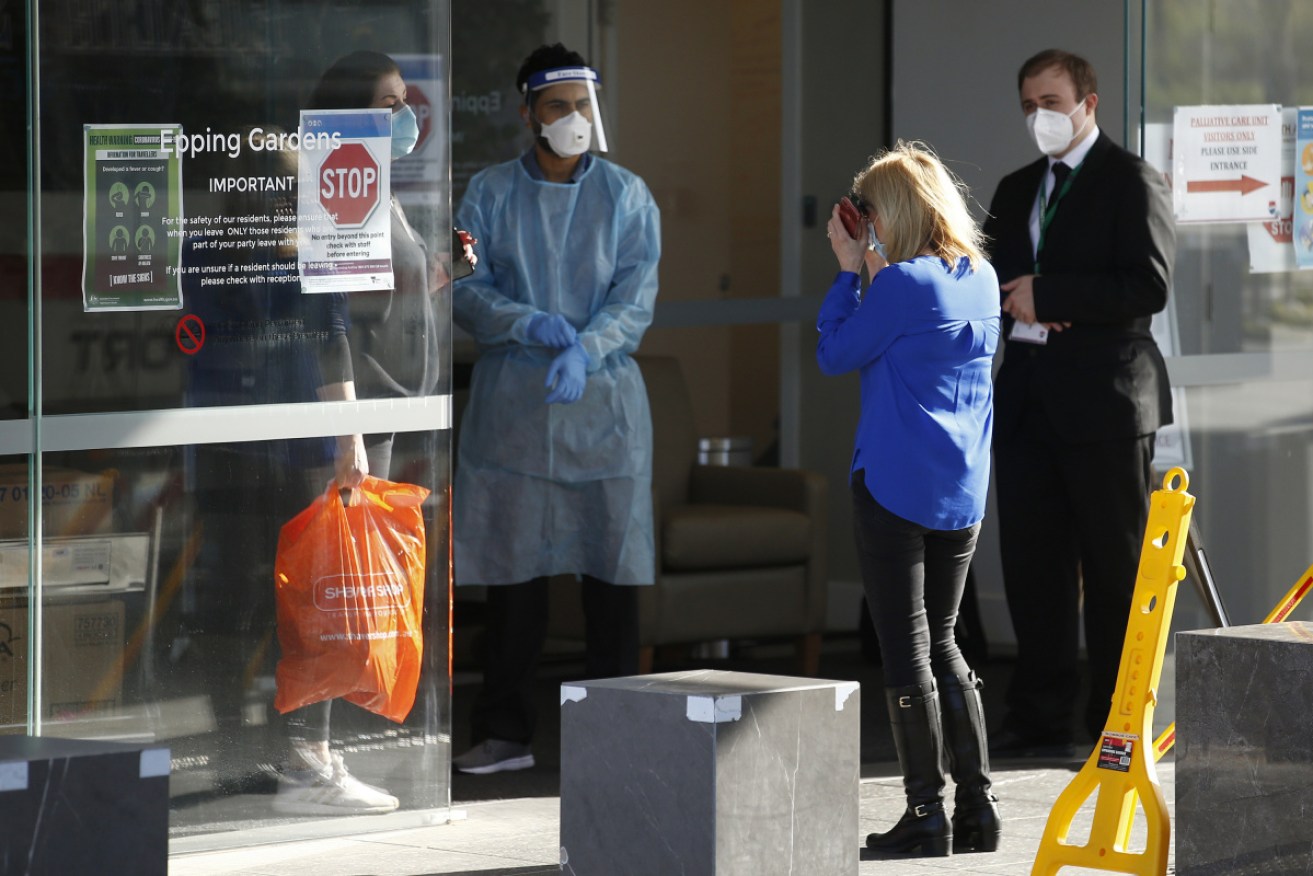
A distressed relative of a resident outside the Epping Gardens aged-care home in Melbourne last week. Photo: AAP
Australia has suffered its deadliest day of the coronavirus pandemic yet, although new case numbers in Victoria have eased further.
The state’s COVID-19 nightmare continues with 25 lives lost and 282 new cases in the past 24 hours.
On Sunday, Victoria had 16 deaths (including 11 linked to aged-care homes) and 279 new infections.
Premier Daniel Andrews told reporters on Monday 22 of the 25 deaths overnight were linked to aged-care outbreaks.
With fewer than 300 daily cases for the past two days, the Victorian outbreak continues to show signs of easing.
Victoria’s virus death toll is 334. Nationally, 421 people have lost their lives to the coronavirus.
Mr Andrews has extended a state of disaster another four weeks until September 13, as Melburnians begin another week of strict Stage 4 lockdowns. There are also restrictions on regional Victorians.
Federal Health Minister Greg Hunt is “genuinely optimistic” a coronavirus vaccine will be available by mid-2021.
“I am now, on the basis of our best advice, genuinely more optimistic; I think the work is moving closer to a vaccine,” Mr Hunt said.
Monday’s grim toll came as all residents at an inner-Melbourne special accommodation house were being moved to hospitals because of a virus outbreak.
Hambleton House in Albert Park has had security staff stationed outside because of concerns residents were walking local streets without face masks.
State Health Minister Jenny Mikakos said any residents still at Hambleton House would be moved to hospitals on Monday.
The home has 34 beds for residents with mental health or behavioural issues.
Tweet from @VicGovDHHS
While aged care facilities and abattoirs have been the focus of Victoria’s outbreak, as of Sunday there were also 81 active cases in residential disability accommodation.
Meanwhile, Victorian officials are working to better understand COVID-19 infection rates among the state’s health workforce as even more public sector nurses are sent into aged-care homes to cope with rising infections.
Mr Andrews said details should be released this week to answer some fundamental questions in relation to health staff.
On the latest figures, 1164 healthcare workers are dealing with the virus.
“We know how health workers are positive but where did they get it from?” Mr Andrews said.
“Did they get it from work, did they get it in the community?”
He said the analysis should also provide some breakdown on which workers were most at risk and why.
Mr Andrews said while he could not guarantee there would be no more outbreaks, Victoria’s situation had improved.
Hotel quarantine inquiry continues
The latest figures come as a professor who delivered a scathing assessment of Victoria’s health system will give evidence at the inquiry into the state’s hotel quarantine program on Monday.
Failures in the scheme are believed to be responsible for Victoria’s second wave of COVID-19, which has killed hundreds of people and led to the nation’s toughest lockdown.
Infectious diseases expert Lindsay Grayson is among three witnesses to appear at the inquiry’s first public hearing on Monday.
Professor Grayson wrote a blistering comment piece in The Age newspaper in July.
“It’s time to discuss the reality – namely, that the Victorian health department is one of the worst-funded and dysfunctionally organised in the nation,” he said.
He praised staff, singling out chief health officer Brett Sutton.
“But the system they work in is paper-thin,” Professor Grayson said.
He is professor of infectious diseases at the University of Melbourne and director of infectious diseases and microbiology at Austin Health.
Professor Ben Howden from the Doherty Institute and Dr Charles Alpren from the state’s Department of Health and Human Services will also give evidence at the hearing, which will cover topics including infection control and contact tracing.
The $3 million inquiry, headed by retired judge Jennifer Coate, was delayed two weeks due to Melbourne’s Stage 4 workplace restrictions.
The hearings will be conducted entirely online.
The inquiry will report in November.
More to come.
